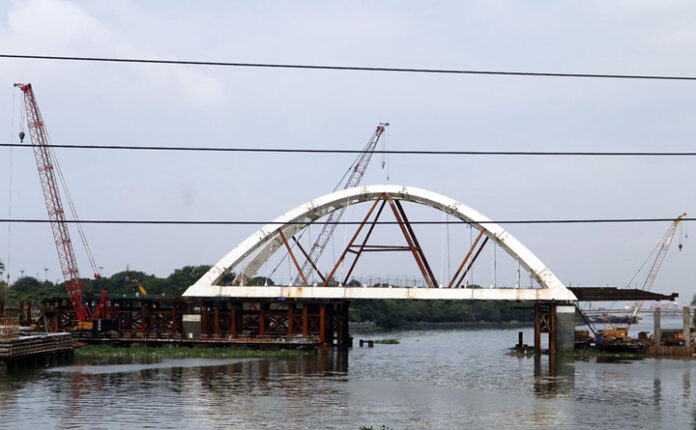
THE Philippines is expected to be the region’s laggard in economic recovery from the effects of the pandemic, an international think tank said, as the country’s health sector and its sluggish vaccination rollouts are denting the country’s chances of recovery.
In an analysis published on Monday, Moody’s Analytics—the research arm of Moody’s Group —said the Philippines is “struggling to shake the pandemic” as its cases remain elevated despite implementing one of the harshest lockdowns in the world.
“The Philippines isn’t forecast to return to pre-pandemic levels of output until the end of 2022. In contrast, China, Taiwan, South Korea and Vietnam have returned to previous output levels, while Indonesia and Thailand are on track to return this year. This makes the Philippines the clear laggard in Asia,” Moody’s Analytics senior asia pacific economist Katrina Ell and Moody’s associate economist David Chia said.
The research group slashed its forecast of the country’s growth numbers for this year from the 6.3 percent in March this year, to 5.3 percent. This is significantly below the floor of the government’s 6 to 7-percent growth target for the year.
Moody’s Analytics said the country has grappled with its number of cases even as the Philippines has one of the most stringent social restrictions, according to the government stringency index. “Late in 2020, the government-mandated lockdown closed approximately 75 percent of the economy,” the research group said.
The country’s struggle, according to Moody’s Analytics, comes from the country’s decentralized health system and sluggish vaccination program.
“A contributor to the Philippines’ inability to control local infections in the earlier months came from the healt-care system being [decentralized]. City and town leaders are responsible for the health system, rather than the central government. As a result, there were not consistent policies and rigorousness around contact tracing, funding, and quarantine measures for those infected and their close contacts,” Moody’s Analytics said.
The think tank also flagged the sluggish vaccination drive of the government as it puts the country at risk for future case outbreaks and, in turn, renewed lockdowns.
“Only 2.7 percent of the country’s 108 million people have received one dose of vaccine, while only 0.8 percent are fully vaccinated. This is problematic, because it means the Philippines remains vulnerable to continued local infection spikes, inhibiting the economic recovery as it is assumed the government will reintroduce strict lockdowns to contain further infections,” the think tank said.
“Also, there is vaccine hesitancy in the Philippines due to misinformation and lasting scars from the 2016 dengue fever vaccine that put children’s health at risk,” it added.
Moody’s Analytics also said transit stations and driving routes are all relatively quiet in the Philippines compared with its Southeast Asian neighbors and prior to the pandemic.
“The sluggish economic recovery paired with relatively strict lockdown measures has increased inequality. Those in higher-paying jobs tend to be office workers, and they have been able to transition to working from home, while lower-income workers have not had that option. The unemployment rate has increased as a result, particularly at the lower-income segment,” Moody’s Analytics said.
Image courtesy of Roy Domingo
Read full article on BusinessMirror

